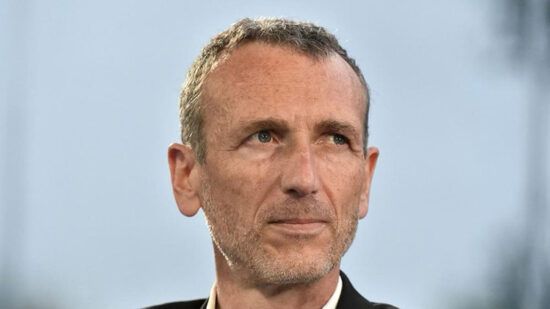In order for the world to transition to net zero, the most carbon intensive industries will require more climate expertise among their workforce, investment professionals have said. But as this takes effect, the need to reskill workers in those industries themselves will become more acute – and this is where responsible investment managers can help.
Upskilling
“The leadership and innovation needed to get the world on a 1.5-degree warming path by 2050 will require a tremendous amount of climate upskilling and this demand is particularly acute for heavier carbon emitters,” said Sara Rosner, director of environmental research and engagement, responsible investment at AllianceBernstein.
For example, she said corporate executives need to bolster their abilities in order to effectively lead businesses on the transition, but these industries are having a tough time recruiting expertise that will allow them to transition. “As one executive put it at COP26, ‘steel is not sexy’.”
In order to help address this AllianceBernstein has coordinated with faculty and scientists at the Columbia Climate School on curriculum, programming and education focused on climate change in these sectors.
Reskilling
But the necessary outcome of bringing more climate expertise into heavy-polluting industries is the fact that in order to transition, many of these industries will decline, thereby eliminating jobs altogether and causing a need to reskill workers.
“There will be a shift and that’s always painful because some people will lose their jobs,” said Alexis Deladerriere, manager of the GS Global Environmental Impact fund.
“For example, electric vehicle manufacturing requires fewer workers than traditional vehicles, so employment will fall.”
These issues of reskilling and labor force changes are something that require policy consideration. In the EU they form part of the Green Deal, and in the US president Biden’s Build Back Better Act contains provisions for training and reskilling, as well as inclusion of the workforce that is typically underrepresented.
“There has to be a reasonable transition period, but if you have subsidies for different areas – fossil-fuel intensive areas – and you start to build that up, over time more people will find opportunities in those new areas,” said Meera Pandit, executive director, global market strategist at J.P. Morgan Asset Management.
But she added: “Although there should be a policy response it is a little bit incumbent on these new industries to offer the adequate training.”
This is where responsible investment managers can play a part, by engaging with companies on their plans to upskill and reskill for the energy transition.
A Grantham Research Institute on Climate Change and the Environment report in the UK recommends investment managers embed these workforce considerations into their climate strategies, and engage with companies on their expectations when it comes to this strategy, the business’ workers, supply chains, communities and consumers.
By bringing more climate expertise into transitioning industries, and engaging with companies to reskill their workforce, investment managers can ensure the transition to net zero does not have a negative effect on working people.








